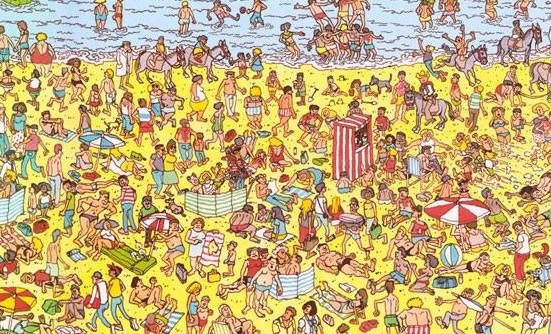If you produce art, media, stories about what’s going on in the world, there is one tough decision you’re probably dealing with, especially if you have a significant following..
How much air time should I give to this topic, to this story, … isn’t it getting enough air time already? How is my piece influencing the discussion, really? Let’s deconstruct what’s going on here: let’s talk about how air time impacts our lives…
Cosmic Dynamics is also available on Spotify & on podcast apps.
Thank you for tuning in.
Camille



